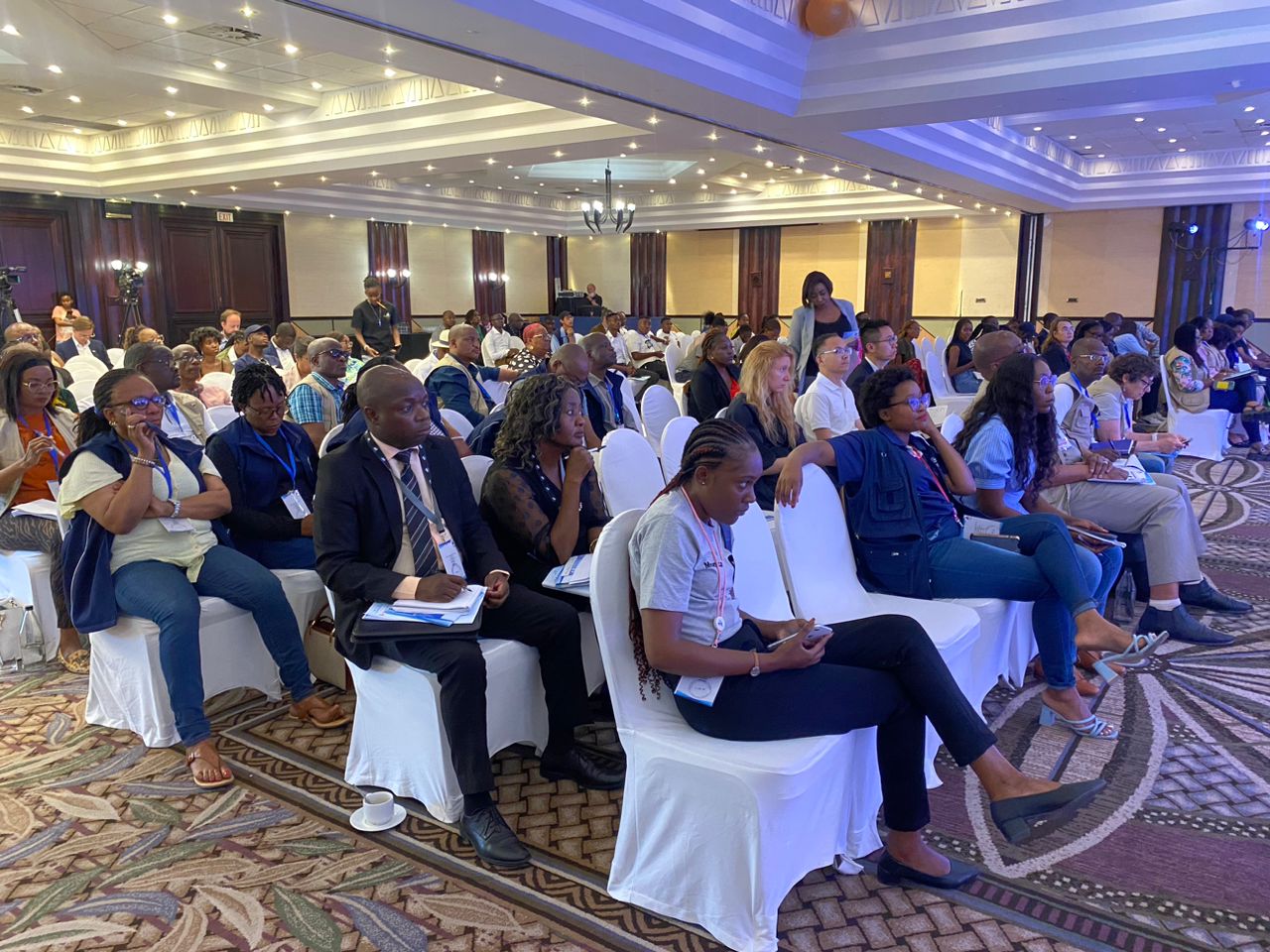Namibian communal and commercial farmers, as well as other agricultural or food-processing small to medium enterprises are set to benefit from a N$400 million concessional loan facility set up by Agribank in collaboration with the KfW Development Bank of Germany.
This was said in a statement issued by Agribank spokesperson Fillemon Nangonya after the two financial institutions signed the loan agreement on Thursday.
He said Agribank would on-lend the funds to target small-scale farmers as well as the micro, small and medium enterprises (MSMEs) in the primary agriculture and agro-processing sector.
“With access to needs-based financial products, the target group is empowered to use funds to expand and develop their agricultural or food-processing activities, thereby generating additional income and increasing food production and income in the country.
“Furthermore, the project promotes the establishment of productive and resource-conserving agriculture for sustainability reasons,” said the statement.
After signing the loan agreement, Agribank, the National Planning Commission and KfW Development Bank also signed a grant agreement of about N$20 million in AgriBank’s favour.
The grant is to support technical and institutional capacity building for Agribank.
During the signing ceremony, Ulrike Metzger, the head of German Development Cooperation, said: “We all know there is a lack of access to credit financing in rural areas, especially for young farmers, women and farmers on communal land.
“This prevents the necessary investments to increase productivity and secure income for rural families,” she said.
She said commercial banks can only grant loans with land titles as collateral, which cannot be done with communal land.
“This is also true for agricultural and food-processing companies and MSMEs in structurally weak environments.
By supporting Agribank with this credit line we want to improve the livelihoods of the rural population, reduce poverty and create income and employment,” Metzger said.
KfW country director Beatrice Lucke said a fairly big informal economy exists in Namibia.
This includes subsistence farming, which is still excluded from formal market participation.
“It is the joint developmental goal of Agribank and German Development Cooperation to address this deficiency and improve access to needs-based financial services for farmers and agricultural and food-processing MSMEs,” she said.
Commenting on the agreements, Agribank chief executive Raphael Karuaihe said: “Today marks a momentous occasion – the signing ceremony of a crucial loan agreement that symbolises a significant chapter in our enduring commitment to sustainable and long-term funding for our lending activities.”
He said Agribank has the critical mandate of supporting the development of the agricultural sector.
“Recognising the dynamic landscape and diverse needs within our farming community, we take pride in introducing innovative and inclusive loan products tailored to the unique requirements of different segments, such as no collateral and the women and youth scheme,” he said.
Karuaihe expressed gratitude to KfW for the confidence in this new relationship.
Stay informed with The Namibian – your source for credible journalism. Get in-depth reporting and opinions for
only N$85 a month. Invest in journalism, invest in democracy –
Subscribe Now!






